捷报 | 首场论文答辩圆满结束
发布时间:2019-04-12 00:00
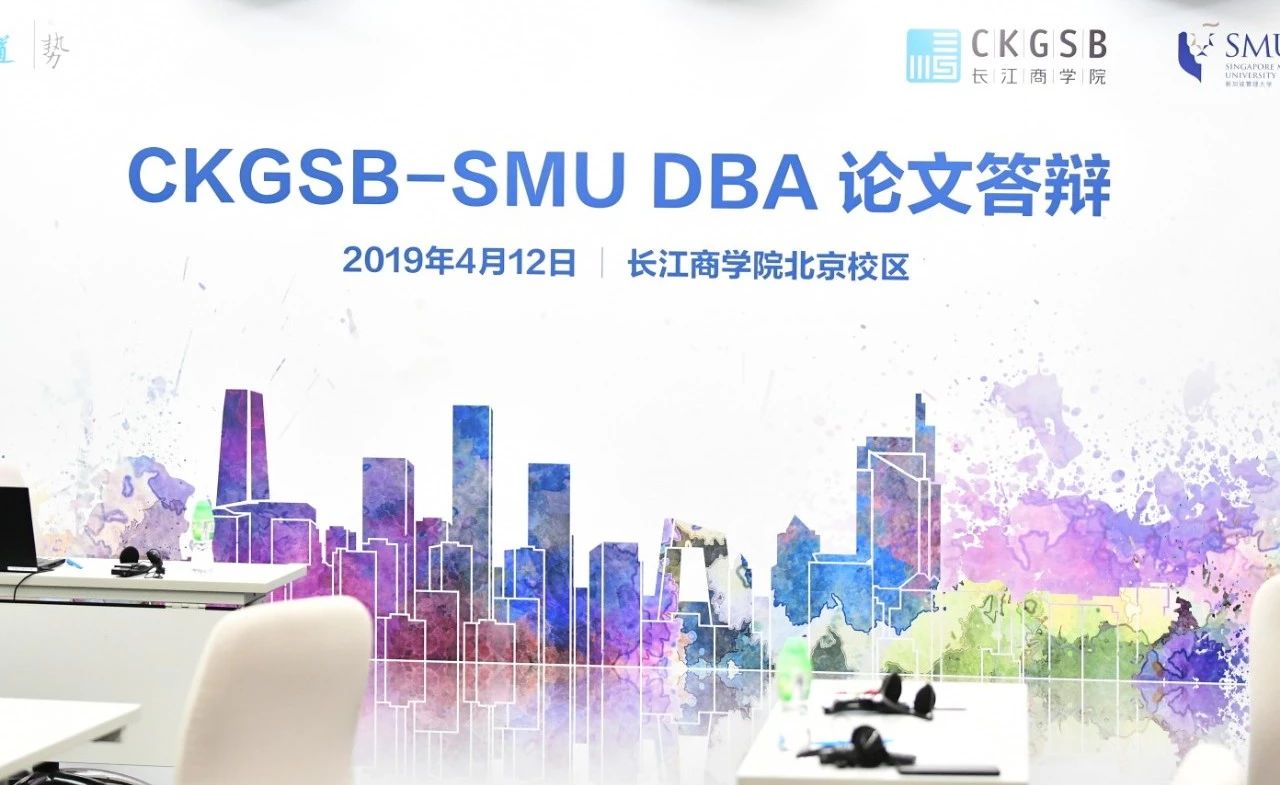
六年磨一剑,2019年4月12日,长江商学院企业家学者项目首二班池宇峰同学和三期班雷文勇同学,率先在北京校区完成了博士论文最终答辩。两位同学分别就创意企业中共享式领导与团队创新关系、基于社会网络分析的极度贫困治理两个主题进行了阐述与分享,现场接受了导师委员会及观摩同学的提问并给出了精彩回答,最终顺利通过答辩。恭喜池宇峰、雷文勇同学!现在就让我们一同回顾这一意义深远的时刻。
从入学以来,两位同学在企业家学者项目历经了新商业文明的洗礼,一步步蜕变,成为更强的引领者。专题研究+实践课堂的互学共创形式,助燃了他们探索真知的热情。
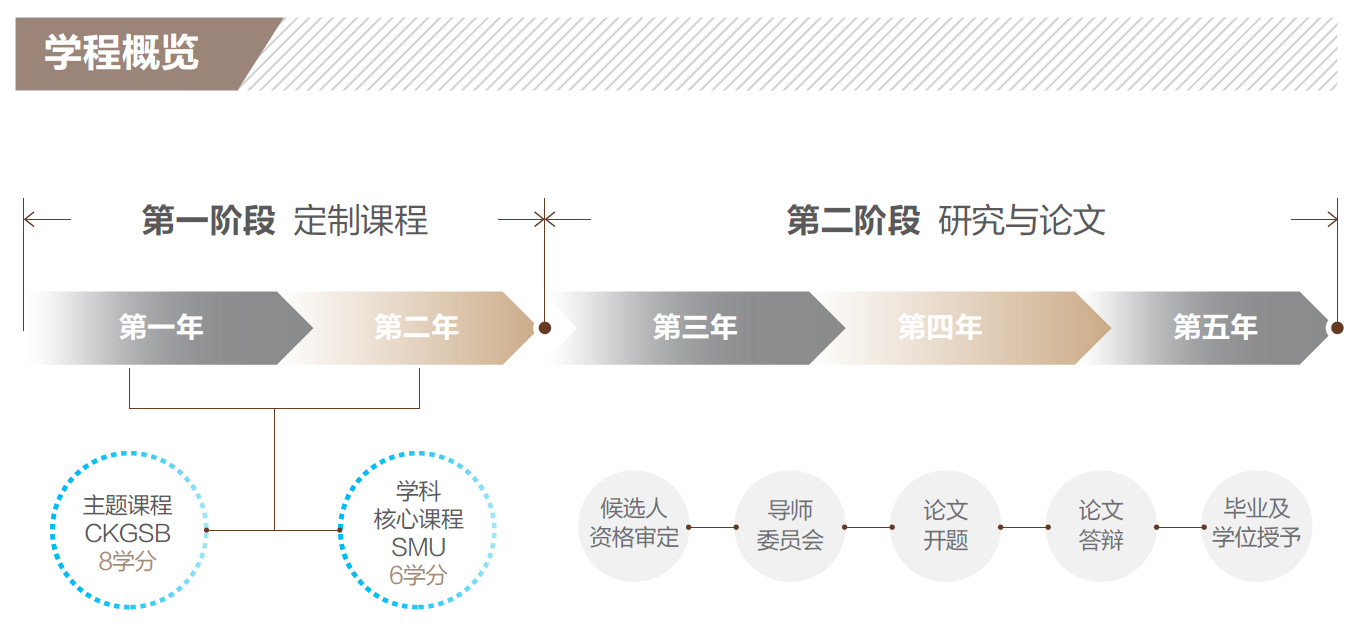
他们追求前瞻知识的足迹踏遍东西南北,历经“定制课程”、“研究与论文”两个阶段五年的时间,学知的喜悦与汗水交织,而今奋斗终有结果。经历“自我论文简述”、“导师提问”、“导师委员会内部讨论答辩结果”、“导师团反馈答辩结果以及修改意见”四个环节,他们用掷地有声的观点和独特的商业洞见让导师委员会心悦诚服。
学术的见证者
本次论文答辩,来自长江商学院和新加坡管理大学的教授们共同见证了池宇峰和雷文勇两位同学的学术成果。
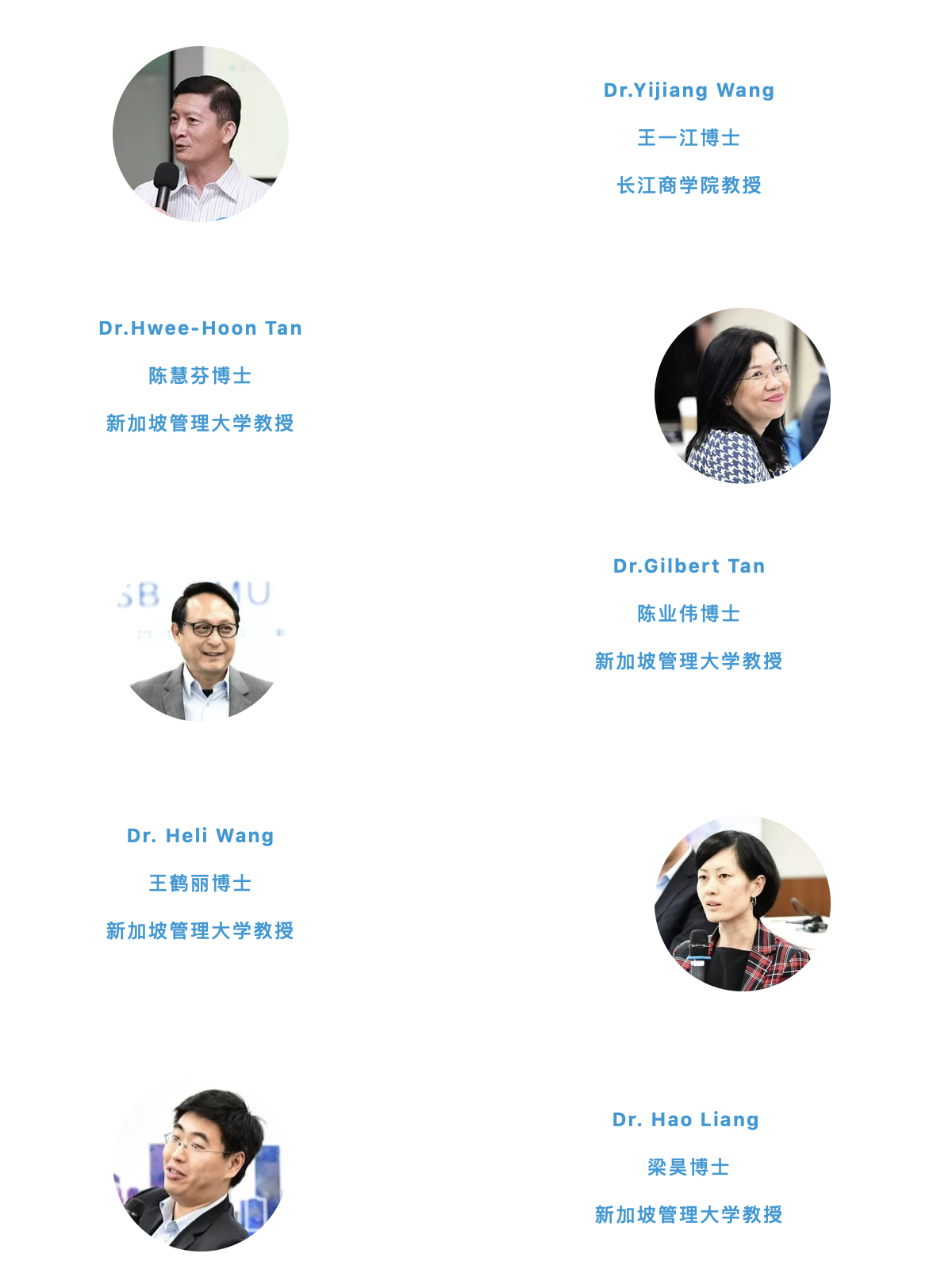
思想之舞
池宇峰:创意企业中共享式领导与团队创新的关系研究 ▶
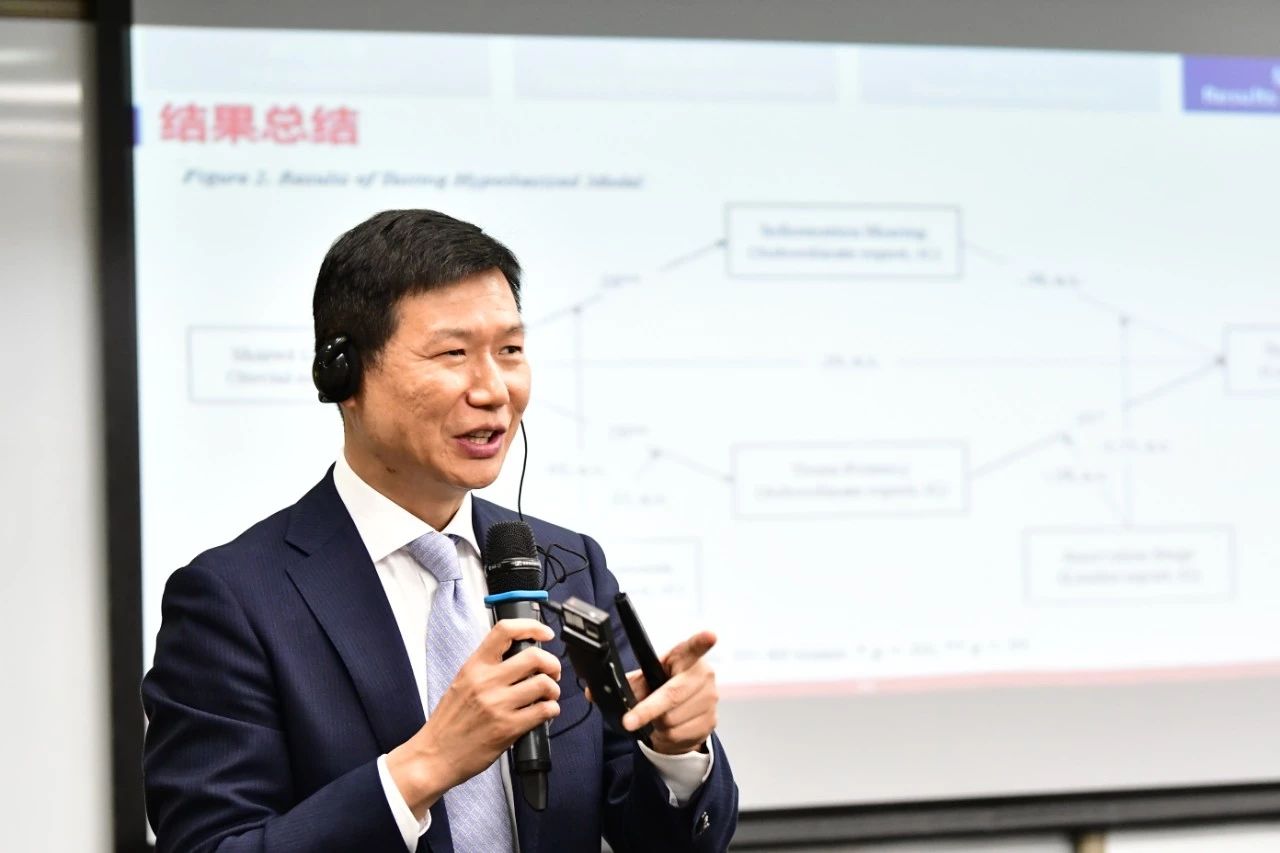
池宇峰在答辩中
▇ 论文摘要:
尽管团队创新对组织来说非常重要,但是促进团队创新的条件并没有得到很好的研究。在这篇论文中,我提出了一个理论模型,团队信息分享与团队效能感(team potency)在共享式领导对团队创新的影响中发挥了中介作用。我认为,共享式领导不仅增强了团队信息分享和团队效能感,而且还培养了创新活动中的认知优势和动机优势。此外,领导成员交换(leader-member exchange (LMX))差异对共享式领导与团队创新之间的关系具有调节效应,而创意周期对共享式领导与团队效能感之间的关系具有调节效应。领导成员交换差异抑制了共享式领导对团队信息分享和团队效能感的积极影响,因为领导成员交换差异大会增加了团队中的不公平。团队信息分享和团队效能感对团队创新的积极影响在创意实施阶段比在创意生成阶段更强。
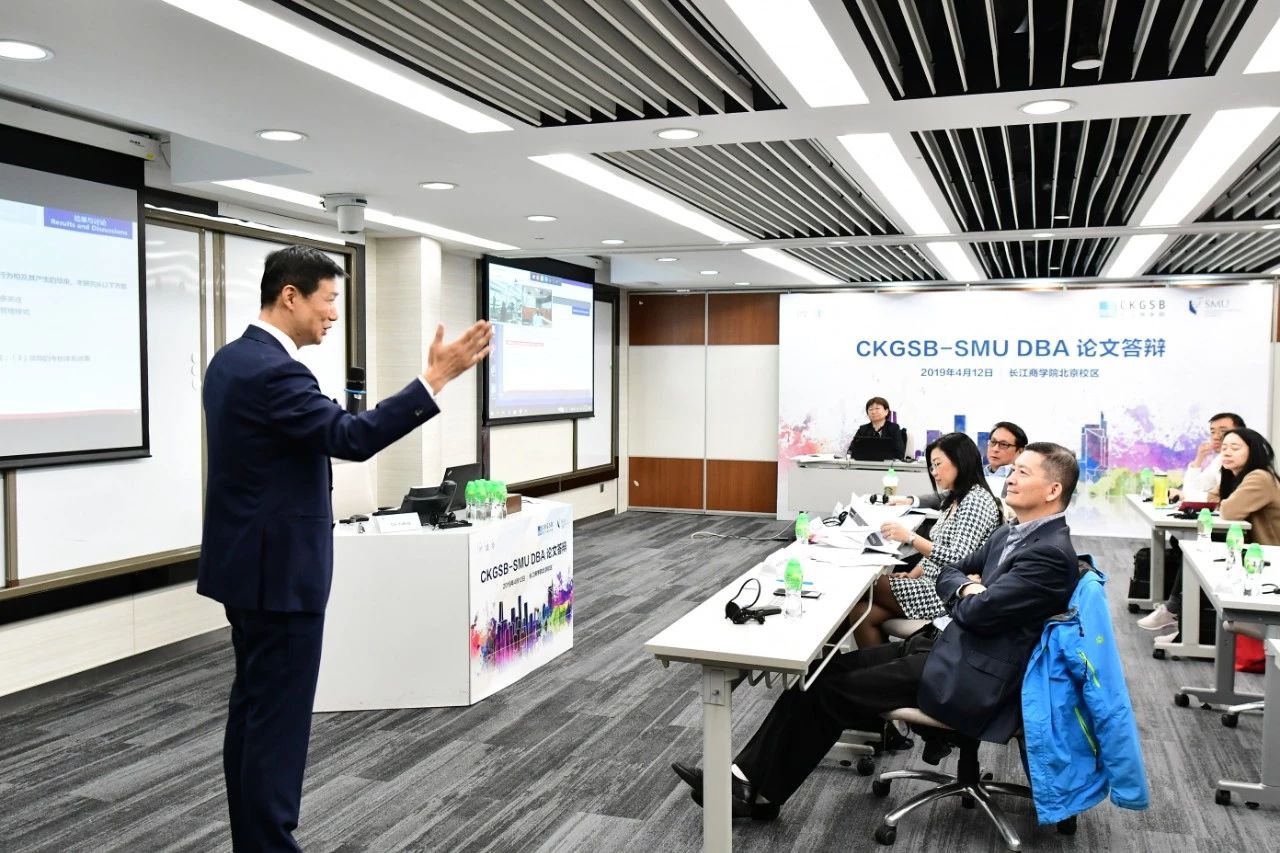
答辩现场
我使用了两阶段(two-wave)、纵向、多方法和多源研究设计来检验我的假设。研究结果表明,团队效能感对共享式领导和团队创新之间的关系具有中介效应。相比于创意生成阶段,共享式领导通过团队效能感对团队创新的间接效应在创意实施阶段更强。我的研究通过确定共享式领导如何影响团队创新以及何时影响团队创新,为共享式领导的研究做出了贡献。

池宇峰在DBA课堂
▇ ABSTRACT:
Despite the clear importance of team innovation for organizations, the conditions that foster innovation are not completely understood. In this thesis, I propose a theoretical model in which the effect of shared leadership on team innovations is mediated by team information sharing and team potency. I argue that shared leadership not only enhances a team’s information sharing and team potency, but also nurtures cognitive and motivational advantages in innovative activities.In addition,the relationship of shared leadership and team innovation is moderated by leader-member exchange (LMX) differentiation and the relationship of shared leadership and team potency by innovation stage. LMX differentiation restrains the positive effect of shared leadership on information sharing and team potency because high LMX differentiation increases injustice in teams.The positive effect of information sharing and team potency on team innovation is stronger in the idea implementation stage, than in the idea generation stage.
I utilized a two-wave longitudinal, multimethod and multisource research design to examine my hypotheses. I find that team potency mediates the relationship between shared leadership and team innovation.The indirect effect of shared leadership on team innovation through team potency is stronger in the idea implementation stage than in the idea generation stage.My research contributes to shared leadership literature by identifying how and when shared leadership influence team innovation.
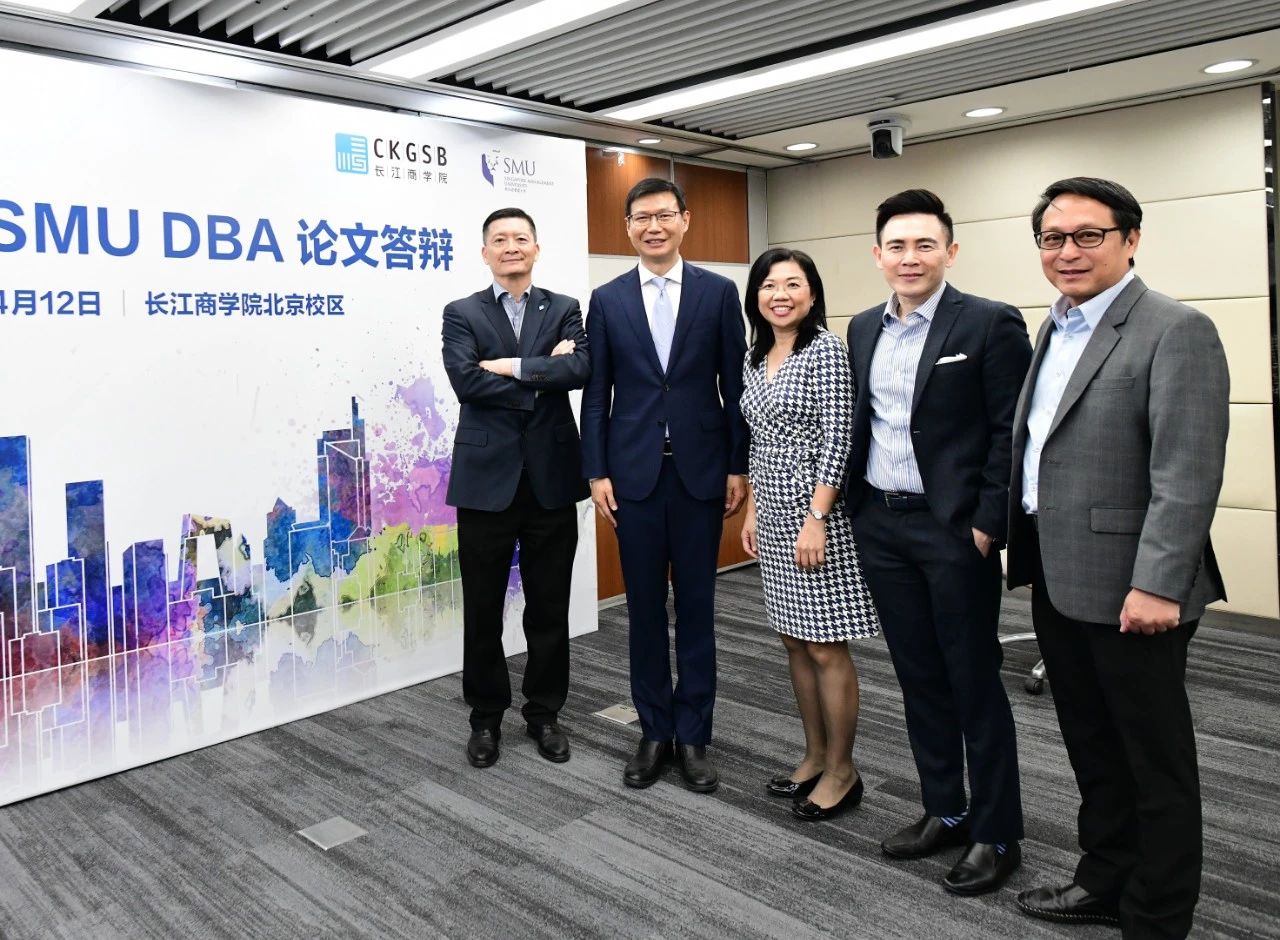
雷文勇:基于社会网络分析的极度贫困治理研究 ▶
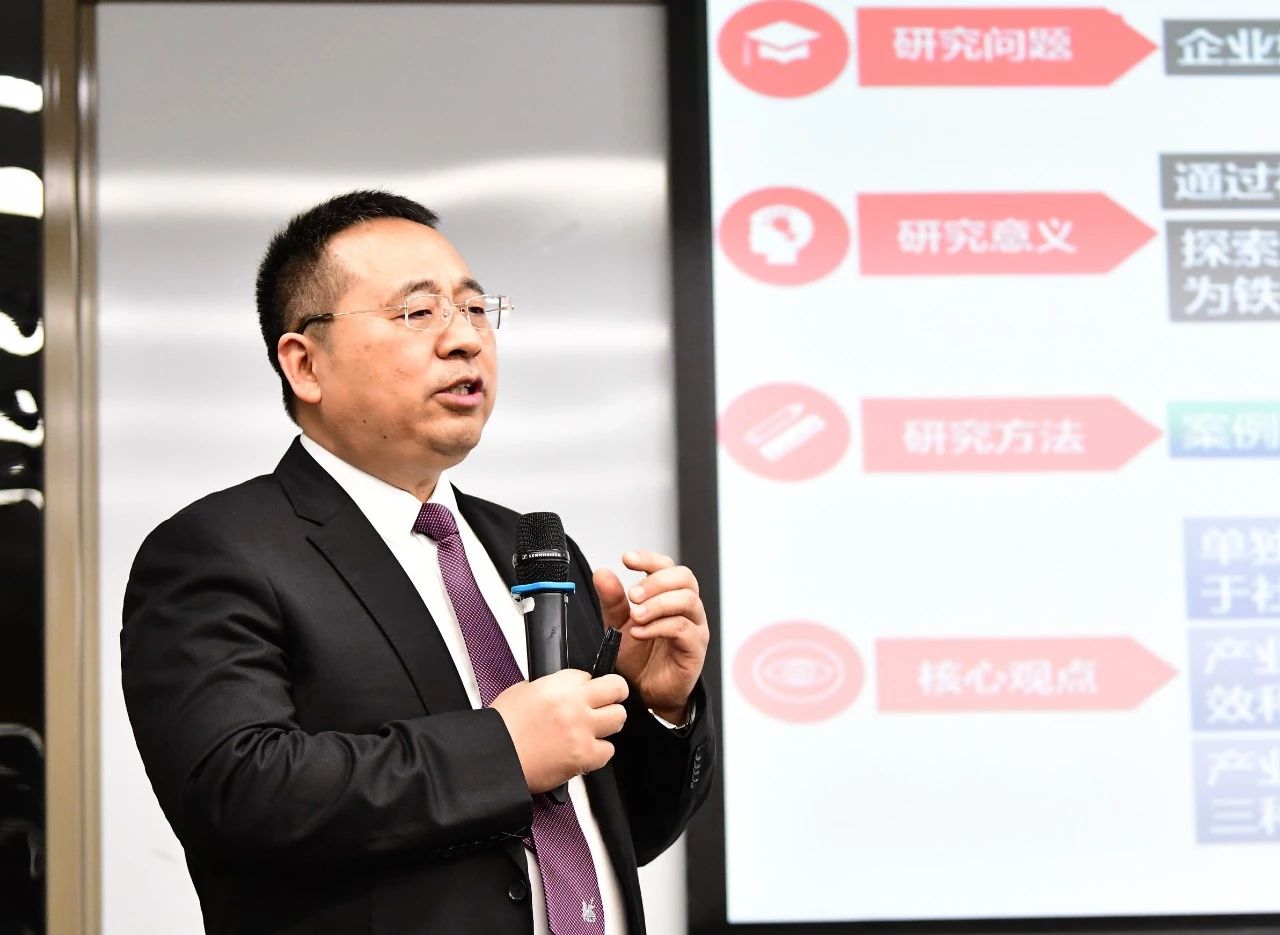
雷文勇在答辩中
▇ 论文摘要:
当前,极度贫困问题面临来自经济放缓和环境倒逼的双重压力。极度贫困的微观复杂性制约了宏观贫困治理战略实施绩效。本文正是在此背景下,研究企业如何运用网络有效地实现商业扶贫这一科学问题。
研究主体分为四个部分。首先通过文献综述梳理了贫困的概念认知和反贫困的战略演化,分析商业机制在贫困治理中的作用;其次,通过对极度贫困概念的定位,分析极度贫困治理关系的外延和内涵,将极度贫困治理分析与网络分析关联起来;再次,基于社会网络嵌入理论和利益相关者理论,梳理极度贫困治理的利益相关者,构建极度贫困治理产业网络和社会网络的原型;最后,运用喜德县极度贫困治理的案例分析,提炼极度贫困治理产业网络和社会网络双重嵌入的核心维度,分析网络嵌入演化的障碍,并结合企业实践探索突破障碍的方式方法。
从理论研究和国内外的实践来看,贫困具有时间维度和空间维度的双重认知路径。极度贫困正是表现为贫困群体在时间和空间的双重维度上因生存能力和发展机会被剥夺而无法在可持续的基础上满足基本消费需求的状态。运用商业机制解决极度贫困问题是一种复合的治理框架体系,商业行为可以贯穿经济增长、专项开发和社会兜底三大治理战略,能够作为最深层次极度贫困治理的有效机制。
运用商业机制解决贫困问题,其实质是一种在一定社会经济环境背景下,创造各种可能的条件以实现贫困人群的“创业”活动。贫困治理通过协调利益分配来调整贫困人群“创业”资源生产关系使之适应贫困人群可获取资源生产力发展的要求。贫困人群“创业”资源生产关系是人类在贫困治理生产过程中所结成的相互关系,包括资源所有制关系、贫困治理活动中人与人的关系以及贫困治理成果的分配关系。从历史演化的视角,极度贫困治理的生产关系三个维度的变化可以被总结为外延的主体结构关系和内涵的资源、资产、资本关系。
各个利益主体间围绕投入的合作要素,形成了基于资源、资产、资本的多重关系。围绕资本形成的投资收益分配关系是极度贫困治理主体关系的高级形态。极度贫困治理中的核心利益相关者,在贫困治理活动中均依托所投入的差异化资源,扮演了“经济人”和“社会人”的双重角色,因而具有经济、社会乃至环境等多个层面的利益诉求。社会网络与产业网络的双重嵌入,是贫困治理发展的内在要求。
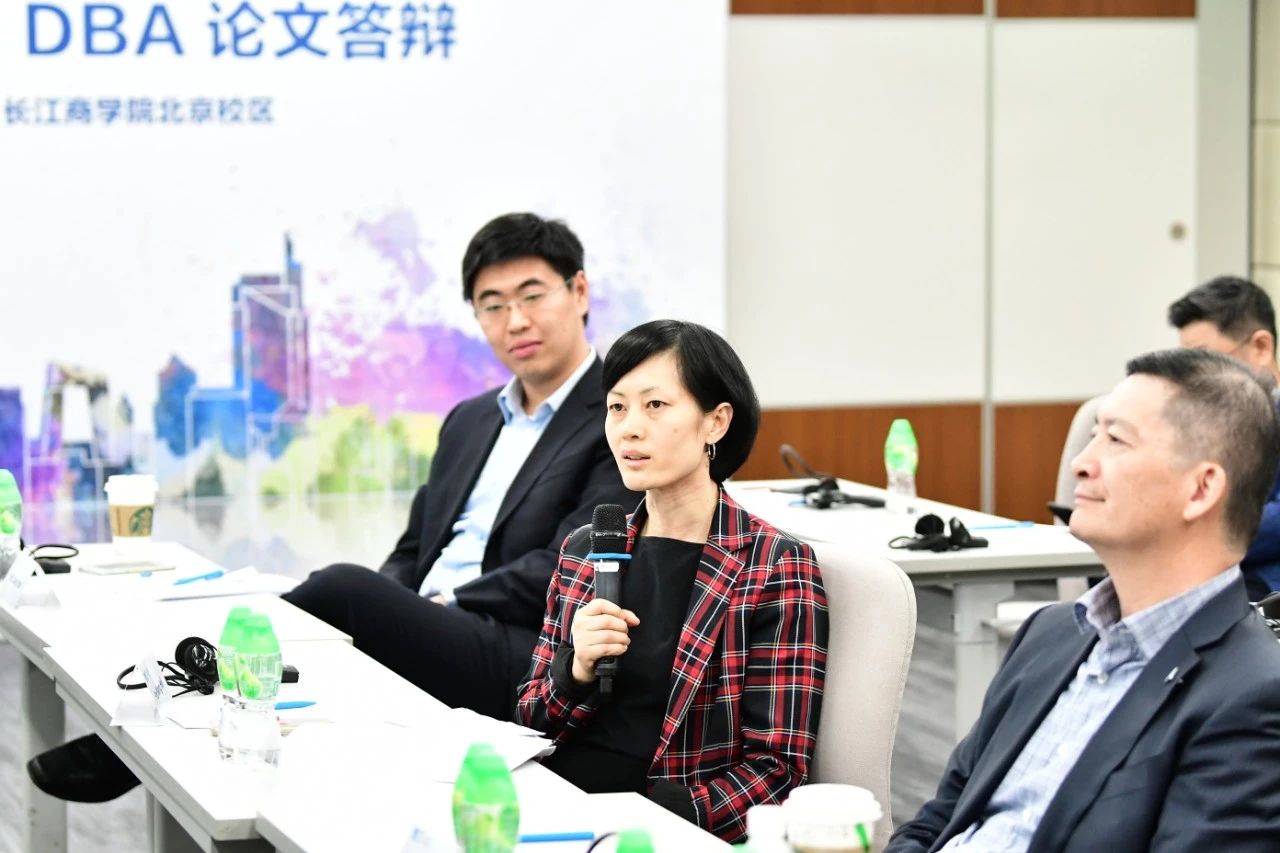
导师问答
喜德县案例中所反映出的贫困户、企业和政府三个核心贫困治理主体参与网络的方式分析,帮助研究提炼出了极度贫困治理产业网络和社会网络嵌入的信任、价值和权利三个重要测度维度,并由此搭建起贫困治理网络认知的三维立方体模型。利用这一模型可以综合定位极度贫困地区的网络治理现状和需要突破的障碍。
基于治理框架和双重嵌入的分析结论,研究提出如下制度创新建议:
(1)围绕贫困户为中心,通过商业行为作为中间机制,实现他们突破原有社会网络融入主流社会网络的过程;
(2)构建利益相关者参与极度贫困治理模式的利益表达、协调和制度保障机制;
(3)强化基础性产业龙头企业的地位和商业机制在极度贫困治理体系的作用。
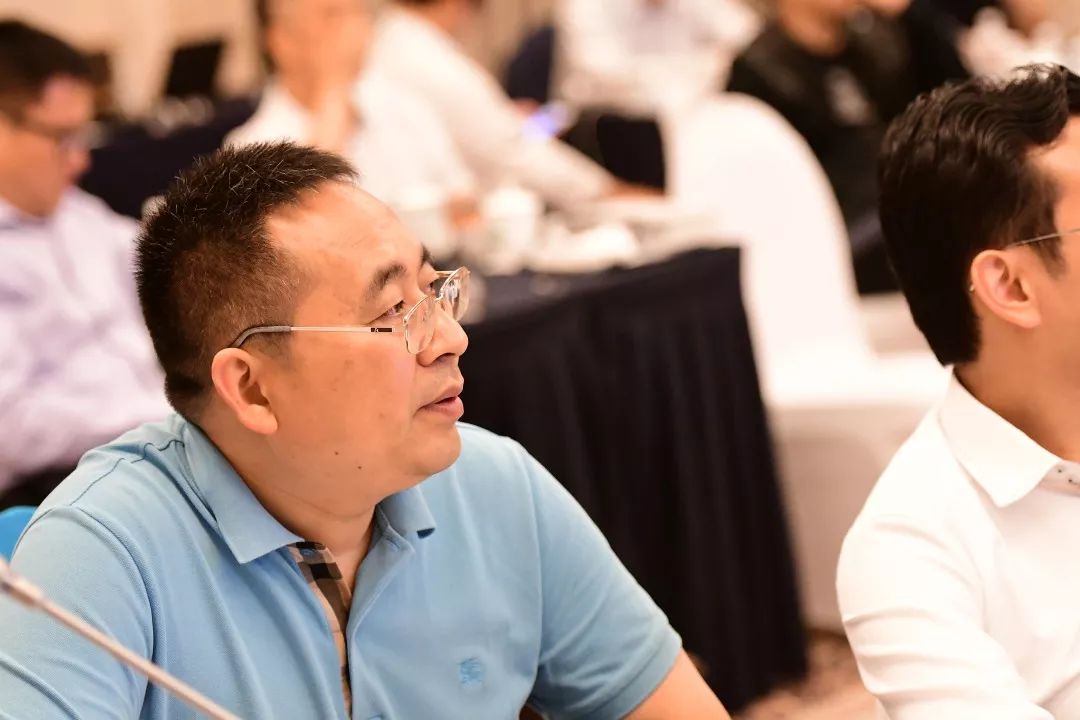
雷文勇在DBA课堂
▇ ABSTRACT:
In The "Mitigate Extreme Poverty through Dual-Network Embedding Strategy", Wenyong LEI goes inside some of China's most remote and poorest villages and tries to reveal the determinants, correlates and strategies to address the gap of existing poverty governance system and the complexity and diversity of poor population. He offers in-depth insights into what the poor people think about poverty with two major indicators, identifies evidence on the feasibility of duel-network embedding strategy to reduce poverty, and explains how diverse groups hit by extreme poverty could develop entrepreneurship relationship with diversified market and available social economic resources. Drawing on examples that take place in Xide County, a remote and poor village in Sichuan Province, Wenyong offers specific strategies that trigger trust, spark value, restore right, and drive positive change.
The rigorous analysis and consultation used in developing this dissertation found that commercial mechanism in combination with social assistance framework enable those deprived of rights for basic living and development to build up entrepreneurship by inviting and inspiring them to get involved in diversified market with promised investment through elements of cooperation among resources, assets and capital.
Wenyong unearths the intertwined interdependent relationship between social and industry networks, which play a key role to mitigate extreme poverty so that the poor people could obtain knowledge, capability and resources through social assistance framework while practice industry operation and management in a diversified market. He identifies three key measurement deliverables as component of a three-dimensional model to evaluate to what extent this dual-network embedding strategy has reshaped the expectation and practice of poor villagers in the field of trust, value and right. Same model can also be adopted to analyze the ongoing situation.
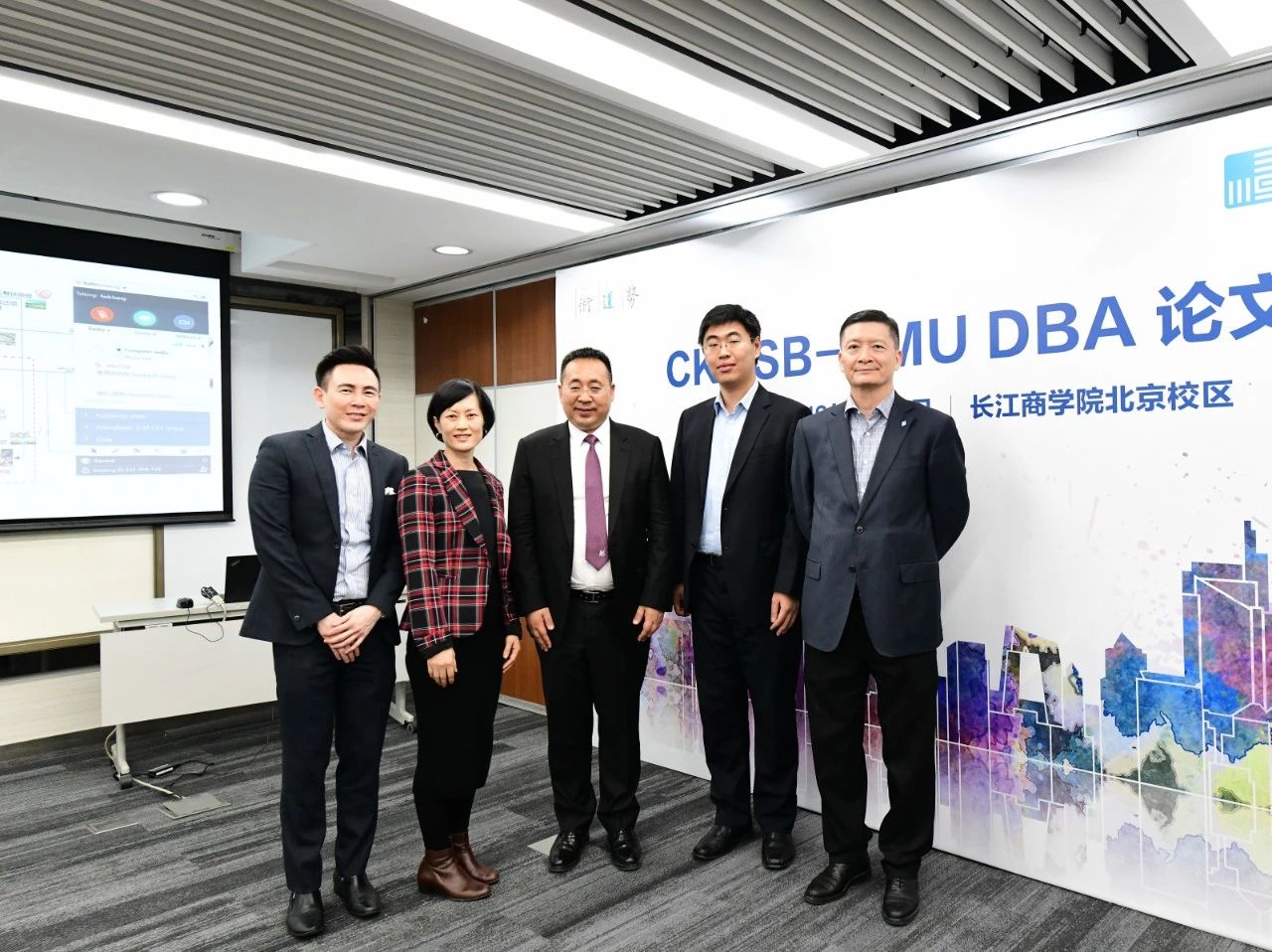
本次答辩已圆满结束,但两位同学探索学术与实践的脚步却未曾停歇。相信在未来,更多长江企业家学者们会碰撞出管理学知识火花,并形成一股合力,将自己在学习过程中产生的、源自实践的、原创中国管理智慧发扬光大,推动全球管理学界的分享与双向交流。

